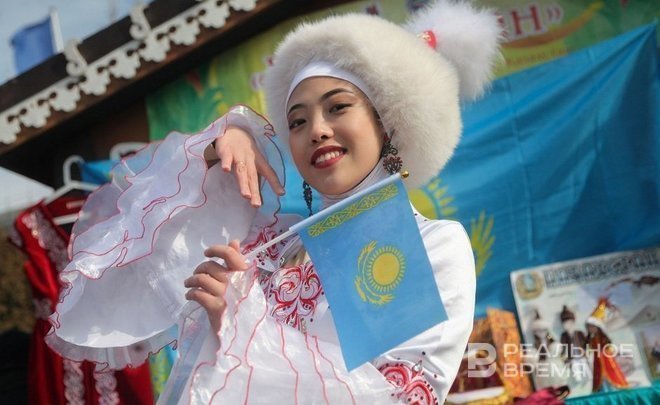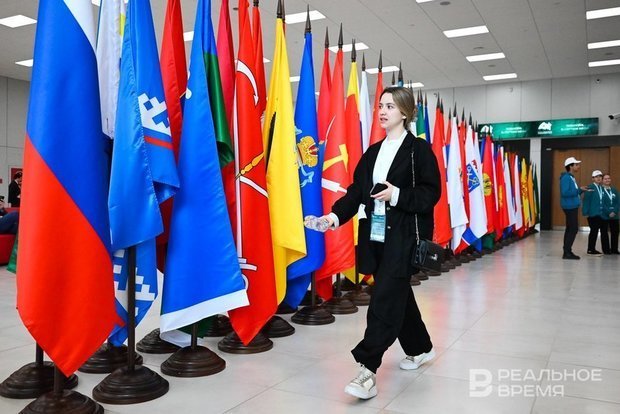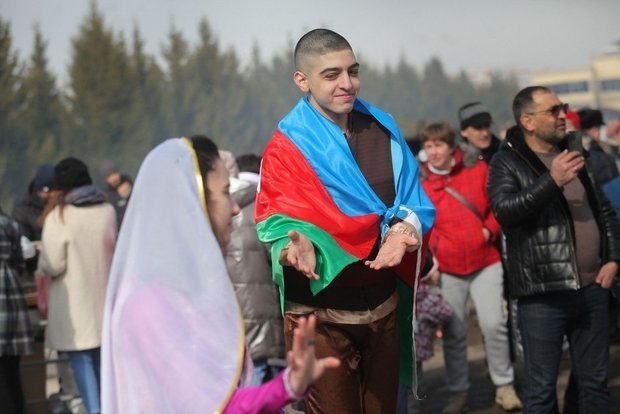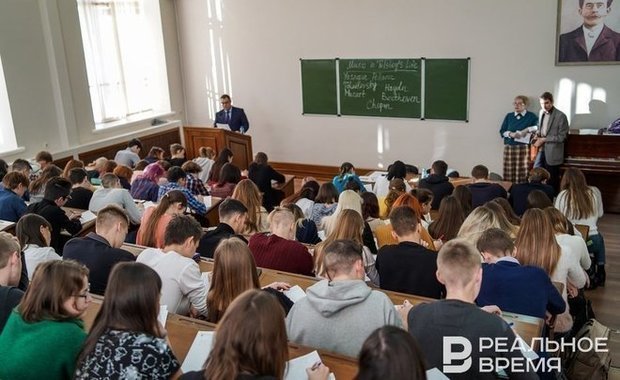‘This is a second home for them’: Tatarstan intends to extend action plan for adaptation of foreign students

The Cabinet of Ministers of Tatarstan may extend the action plan for the adaptation and socialisation of foreign students studying at universities of the republic in the near future. Initially, it was valid until 2023, but the document was proposed to be extended until 2025. Realnoe Vremya found out what constitutes the plan and how foreign students are reacting to it.
Foreign students are increasingly coming to study in Tatarstan
According to the press service of the Ministry of Education and Science of Tatarstan, 22 thousand foreign students study in the region per year. Their number is growing every year.
According to the president of the Association of Foreign Students of Kazan, Nusratillo Dzhuraev, their number increases by 500-700 students annually. Most often, representatives of Turkmenistan (6,212), Uzbekistan (3,335), China (2,000), Kazakhstan (1,530) and Egypt (1,331) come to the region. Students from Tajikistan, India, Kyrgyzstan, Colombia, and Algeria also entered the top ten of the rating.
“Action plan? For them (international students), it is very interesting and very bright. Because Tatarstan is a multinational nation and there are many things that unite and have in common. Everyone is treated in a special way. Every person finds himself in Tatarstan... For them, this is already like a second home," the source told Realnoe Vremya.

Speaking about the planned events, Dzhuraev stressed that their number is growing every year. Representatives of almost every country on the planet study in the region. Various events are held for them. Some events are already included in the Cabinet's plan, but the association often organises them at its own expense.
“According to our plans, last year there were 35 events, and this year we have increased them to 50. We do it at our own expense. We do it either with the support of universities or at the expense of partners. We do not have a state programme to allocate money for this," the source explained.
As Dzhuraev explained, many foreign students often offer to hold events themselves. They ask only for a platform.

At the same time, not all students stay in the republic after their studies. Some visitors are obliged to return to their country to work in their specialty, but many still remain in the republic.
“There are those who start families in Tatarstan, some return home. If you take activists in Kazan, then 60-70% go home, the rest stay in the republic. Someone work, someone finish their studies," Dzhuraev said.
What's the plan?
The action plan for the adaptation and socialisation of international students has been in effect since 2017. The list includes a list of tasks and those responsible for their execution.
Several sections have been entered into the document. These include: keeping records of the movement of the contingent of foreigners, creating a service for curators of foreign students, implementing awareness-raising activities for foreign students, organising cultural events for students, organising and coordinating the activities of international student clubs.
If we talk about the action plan, the international youth forum Friendship of Peoples — Wealth of Tatarstan, the interuniversity festivals Day of Foreign Student and Cultural Mosaic of Tatarstan, the Pearl of the World International Open Student Beauty Contest, the Russian Language Olympiad, the Student Congress, excursions and other events will be organised for students.

They also want to involve foreign students in the activities of international student clubs, introduce them to the ethnocultural characteristics of foreign countries and assist them in getting to know the local population.
The document obliges higher educational institutions to keep records of the movement of a contingent of foreign citizens, inform the FSB and the Ministry of Internal Affairs about the arrival of a foreigner, unauthorised departure, and granting academic leave. All this must be done by agreement.